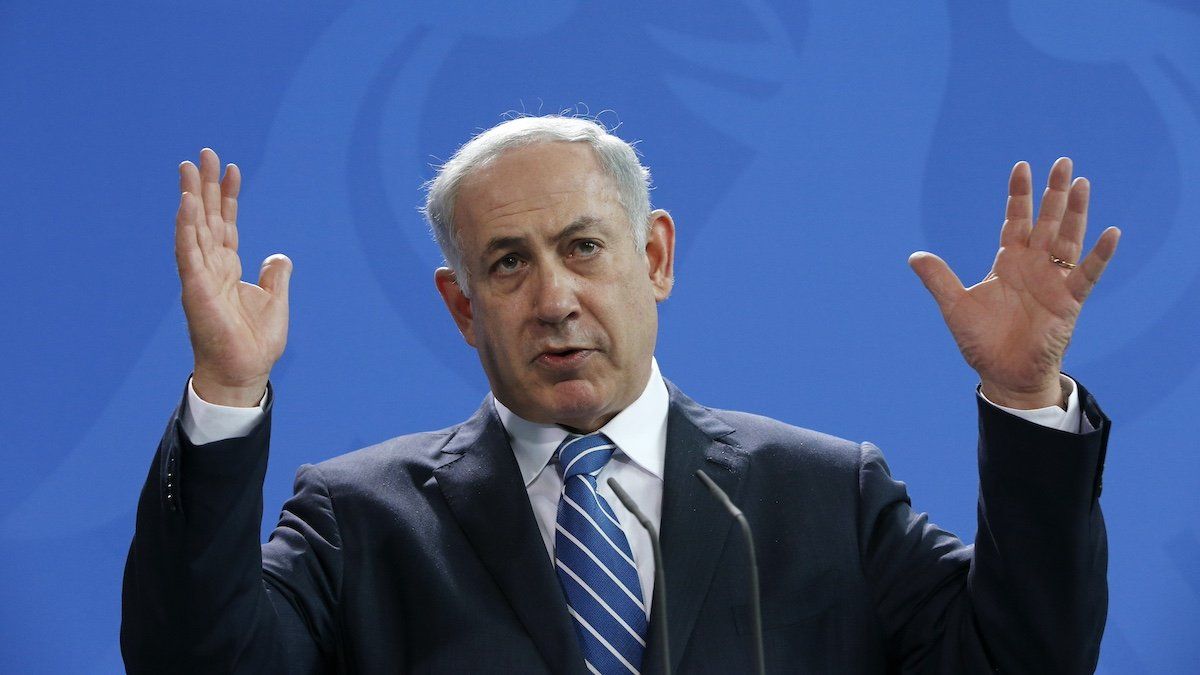At least nine people were killed in airstrikes on central Beirut early Thursday as Israel intensified its campaign in Lebanon — while also vowing to retaliate for Iran’s missile attack on Tuesday.
Having eliminated Hassan Nasrallah and much of the terrorist group’s high command, Israel now sees an opportunity to strike while command networks are still reorganizing.
On Thursday, Israel also launched a strike on a West Bank refugee camp, killing at least 14, and nearly 100 others were killed in Gaza airstrikes, where the local health authority says the civilian death toll has surpassed 41,000 since Oct. 7, 2023.
How far will Israel go? Iran attempted to avenge Nasrallah’s assassination by firing a barrage of ballistic missiles against Israel on Tuesday. Israeli Prime Minister Benjamin Netanyahu has sworn to respond — and, given his risk tolerance level of late, speculation abounds as to what he might do.
US President Joe Biden and other G7 leaders, while affirming Israel’s right to respond to the Iranian attack, warned Netanyahu that it should be proportional. The signal: Don’t hit nuclear facilities.
Republican US Sen. Lindsey Graham on Thursday slammed the White House for this, and some Israeli officials have indeed called for strikes on Iran’s nuclear sites, though that remains a remote risk. Those facilities are believed to be well-protected under multiple meters of granite and may prove impossible to fully destroy.
What is more likely — but still escalatory — says Eurasia Group’s Cliff Kupchan is an attack on parts of Iran’s oil industry, the country’s economic lifeline. “The most damaging targets would be oil refineries, oil production facilities, and oil export terminals, in the order of least to most provocative,” he says.
Refineries mostly provide fuel for domestic purposes and might be easier to seal off, depending on how much warning Israel provides. But “if [Iranians] can’t export their 1.5 to 1.6 million barrels a day, they lose critical income,” Kupchan adds.
Early Friday, Iran’s Supreme Leader Ayatollah Ali Khamenei, made a rare public sermon in Tehran. Just three days before the first anniversary, he said the Oct. 7 attack that killed more than 1,200 Israelis was "legitimate" and justified Tehran's attack on Israel on Tuesday. He also called upon Arab nations to unite against Israel, referring to it as their “common enemy.”
